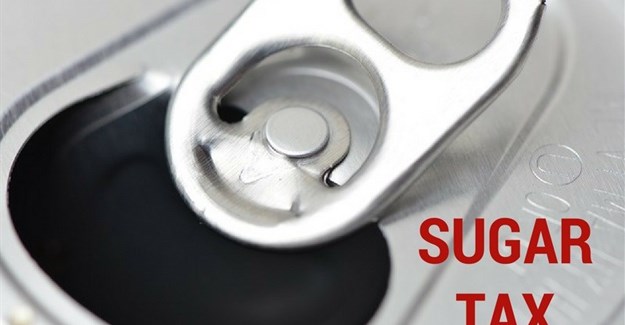This article and content was originally posted on BizCommunity

Substitute drinks
Global experience with tobacco and alcohol shows many variables have to be taken into account, including whether there is an attractive substitute product. In this case, mineral waters and sugar-free beverages are readily available. However, some consumers may simply shift to cheaper sugar-sweetened brands, highlighting the need for a complementary public-education and awareness programme.
Recently, the experience of the Californian town of Berkeley has shown that a general excise tax combined with a public-awareness campaign can yield good results. After a “soda tax” was implemented, there was a 21% drop in the consumption of sugary beverages, and a 63% increase the drinking of bottled or tap water. Only 2% of those surveyed said that they had begun shopping in nearby cities where the tax was not implemented.
Redeployed versus unemployed
The argument is often made that reduced consumption will inevitably mean the loss of jobs along the beverage supply chain. However, the quantum of lost jobs is hotly disputed, Retief points out.
“In addition, if consumers shift to sugar-free beverages or mineral water, it seems likely that workers could simply be redeployed—especially as most manufacturers of sugar-based beverages also have well-established low-calorie or water alternatives. But even if a few jobs are in fact lost, a sensible health policy is a moral imperative especially when it comes to protecting children.”
A more aggressive argument could be that a sugar tax could open up opportunities for smaller, local companies to supply alternative beverages. This would potentially mean the creation of new jobs and a boost to empowerment.
Poor health equals high costs
Another point to keep in mind is the high cost to the country of the diseases and chronic conditions linked to excessive sugar intake. This includes direct cost to the health care system, plus lost productivity.
World Health Organisation figures indicate that 1,5m people died in 2012 as a result of diabetes and other chronic conditions linked to high-sugar diets. More worrying, it believes that 42m children under the age of five are obese, a huge increase from 11m only 15 years ago. The Berkeley study also revealed that the “soda tax” had the most impact on the lower income groups and children.
